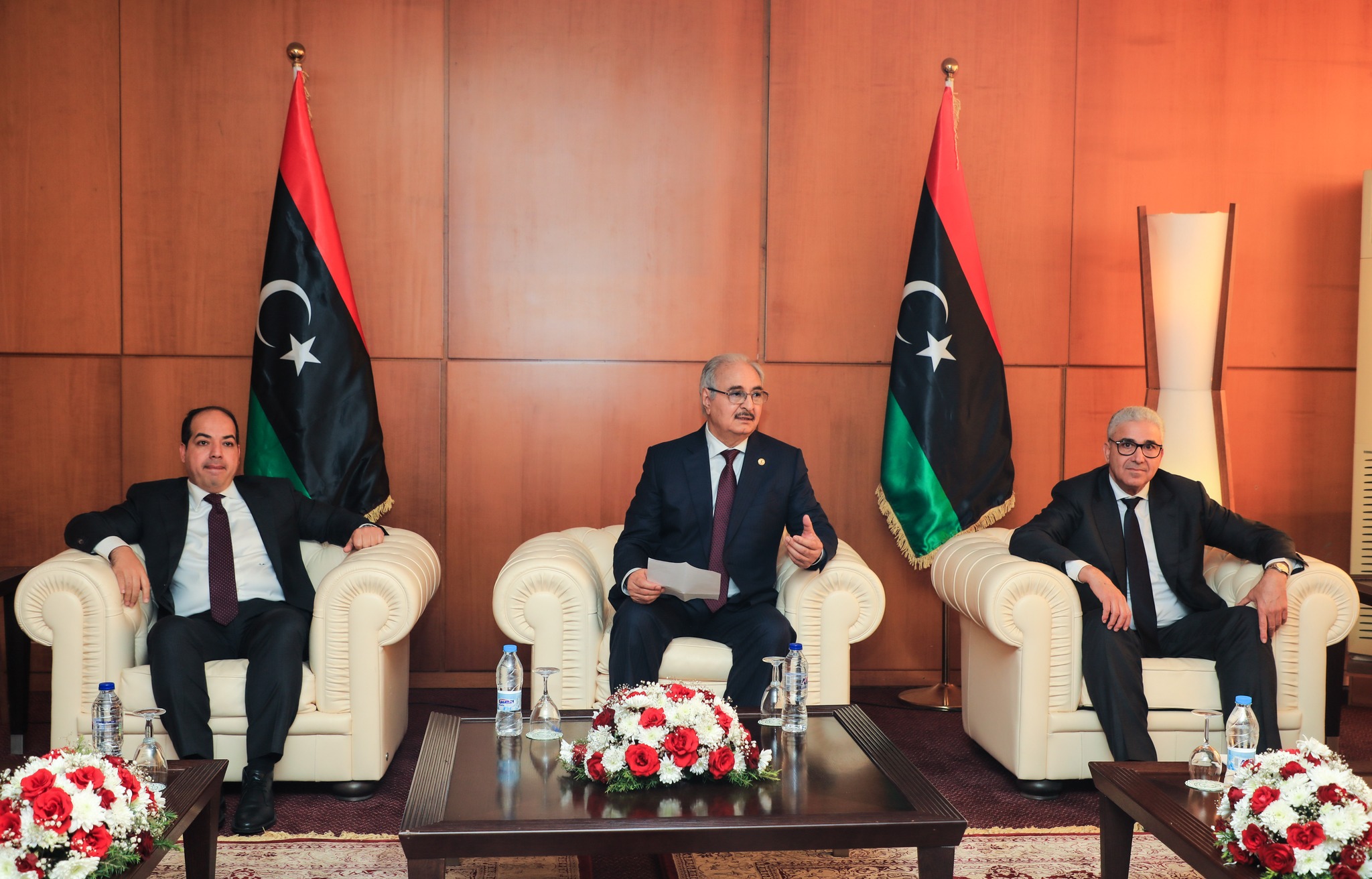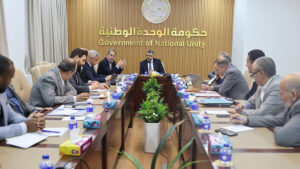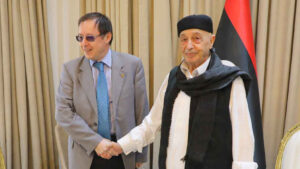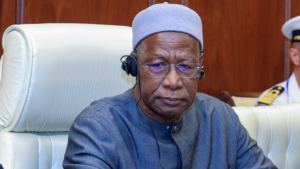The fragile stability that was installed in Libya with the advent of the interim executive authority in February after the Libyan Political Dialogue Forum has collapsed by the reality that elections won’t be held on time as planned.
The Libyan parliamentary committee, tasked to follow up on the High National Elections Commission’s work to prepare for December 24 vote, has said it has become impossible to hold the presidential elections on Friday as scheduled, citing security, judicial and technical problems.
Likewise, on Tuesday, the High National Elections Commission announced the shutdown of all polling stations and this is an unofficial way of saying that there will be no presidential elections on December 24.
Currently, nobody knows when the next date for elections will be! Meanwhile, on the political level, there’s a kind of shifting dynamics of the conflict as two west-based presidential candidates, particularly from Misrata, Fathi Bashagha and Ahmed Maiteeq, arrived in Benghazi and met with their old foe, Khalifa Haftar.
The meeting was for presidential candidates to bring together their visions for the upcoming stage of the political process after the clear but yet-to-be-announced postponement of elections. The meeting included other candidates like Aref Al-Nayed, Mohammed Muntasser, Al-Sharif Al-Wafi and Abdelmajid Siaf Al-Nasser.
After the meeting that took place at Tebisty Hotel in Benghazi, Bashagha, who once considered Haftar a war criminal and a warlord, said he was generously invited by candidate Haftar to reaffirm unity of national efforts to deal with the developments and to respect the aspirations of 2.5 million Libyans who are awaiting the date of holding presidential and parliamentary elections, adding that national reconciliation is second to none and is a national choice that cannot be ignored.
This shows that there will be some (plans B) not one plan but a lot of them, for post-12/24.
On the military and chaos level, Tripoli is seeing heavy mobilization of forces from different armed formations; all under the Interior Ministry but with different agendas and different bosses to answer to.
Fears have been growing that a looming political vacuum will lead to renewed violence and economic chaos in the country and the first signs were the armed brigades that blocked many roads in Tripoli for hours before retreating to their camps in the evening.
All in all, elections are a far-fetched desire now, and what we have right now in Libya is new alliances in the making and some of theses alliances are willing to go to war for power, once again!
By: Abdulkader Assad – Political Analyst





